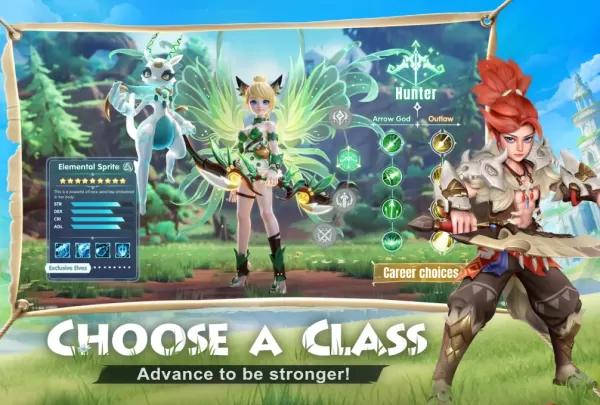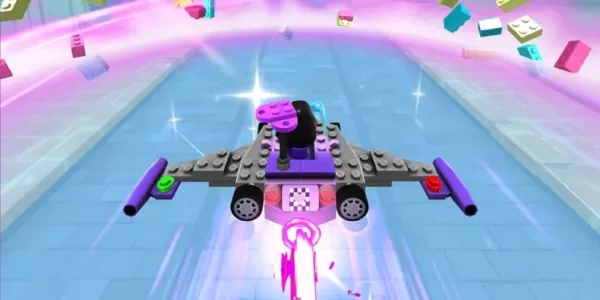The topic of turn-based games has been a hotbed of discussion within the role-playing game (RPG) community, and the release of Clair Obscur: Expedition 33 has reignited these conversations. This new RPG, launched last week, has received high praise from IGN and numerous other sources, proudly showcasing its roots in classic turn-based gameplay. With a clear nod to games like Final Fantasy VIII, IX, and X, Clair Obscur: Expedition 33 features a turn order system, Pictos to equip and master, and traditional elements such as dungeons and an overworld map.
In an interview with RPGsite, producer Francois Meurisse emphasized that Clair Obscur was designed as a turn-based game from the outset. The game also draws inspiration from action-oriented titles like Sekiro: Shadows Die Twice and Mario & Luigi, integrating quick-time events for attacks and parrying/dodging mechanics for defense. This blend creates a unique gameplay experience that feels both strategic and dynamic, sparking debates across social media platforms.
These discussions often reference comments made by Naoki Yoshida during the media tour for Final Fantasy XVI. Yoshida, reflecting on the shift towards action-based mechanics in RPGs, noted an increasing sentiment among younger audiences who find less appeal in command-based gameplay. This shift is evident in recent Final Fantasy titles such as XV, XVI, and the VII remake series, which have adopted more action-driven systems, each with their own set of fans and critics.
Clair Obscur's success has led some to argue that turn-based games still have a significant place in modern gaming. However, the situation is more nuanced than a simple call for Final Fantasy to revert to its roots. Square Enix has not abandoned turn-based RPGs entirely; recent successes like Octopath Traveler 2 and upcoming titles such as SaGa Emerald Beyond and the Bravely Default remaster demonstrate continued support for the format.
While some might see Clair Obscur as a model for what Final Fantasy could be, it's important to recognize the unique identity and legacy of the Final Fantasy series. Reducing Clair Obscur to a mere comparison with Final Fantasy overlooks its innovative combat systems, compelling soundtrack, and distinct world-building. These elements set Clair Obscur apart and highlight the importance of originality in game development.
Historical debates about RPGs, such as those surrounding Lost Odyssey and the relative merits of Final Fantasy VII versus VI, underscore the ongoing passion and diversity of opinions within the gaming community. Additionally, commercial considerations play a significant role, as Yoshida's comments on Final Fantasy XVI's expected sales indicate. Despite Clair Obscur's impressive sales of 1 million copies in just three days, Square Enix's expectations for Final Fantasy are typically much higher.
The success of other turn-based RPGs like Baldur's Gate 3 and Metaphor: ReFantazio further challenges the notion that turn-based games cannot achieve both critical acclaim and financial success. Clair Obscur's achievement is a testament to the potential of mid-budget RPGs, and while it may not signal a radical shift for Final Fantasy, it does emphasize the value of authenticity in game design.
As Swen Vincke of Larian Studios remarked, the key to success lies in creating a game that the development team is passionate about. This approach not only fosters creativity but also resonates with players, suggesting a promising path forward for the RPG genre. Ultimately, the enduring appeal of turn-based games lies in their ability to offer deep, strategic gameplay that continues to captivate a dedicated audience.








